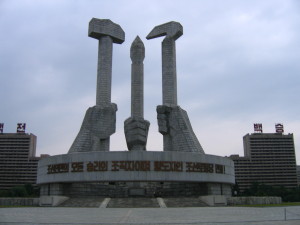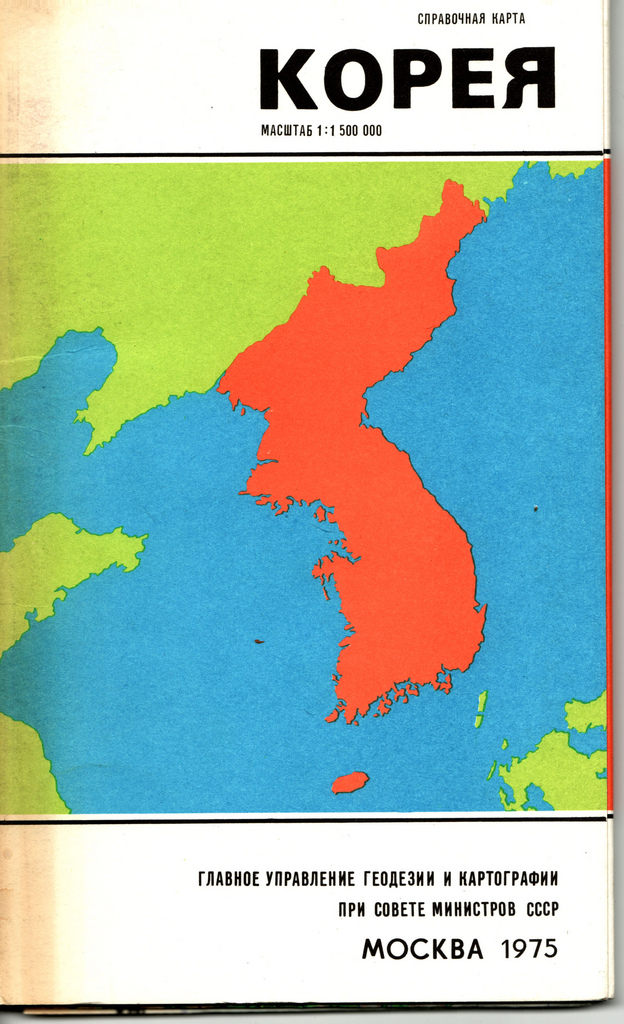Daily Report Archives
Established in December 1993, the Nautilus Institute’s *N*ortheast *A*sia *P*eace and *S*ecurity *N*etwork (NAPSNet) Daily Report served thousands of readers in more than forty countries, including policy makers, diplomats, aid organizations, scholars, donors, activists, students, and journalists.
The NAPSNet Daily Report aimed to serve a community of practitioners engaged in solving the complex security and sustainability issues in the region, especially those posed by the DPRK’s nuclear weapons program and the threat of nuclear war in the region. It was distributed by email rom 1993-1997, and went on-line in December 1997, which is when the archive on this site begins. The format at that time can be seen here.
However, for multiple reasons—the rise of instantaneous news services, the evolution of the North Korea and nuclear issues, the increasing demand for specialized and synthetic analysis of these and related issues, and the decline in donor support for NAPSNet—the Institute stopped producing the Daily Report news summary service as of December 17, 2010.

Ruediger Frank, a Professor of East Asian Economy and Society at the University of Vienna and Deputy Head of the Department of East Asian Studies, writes, “The Party meeting provided final proof of what has often been doubted since Kim Jong Il took over as leader of North Korea after 1994. All the other things one might say about him notwithstanding, Kim Il Sung undisputedly was an able politician. He did not choose his eldest son Kim Jong Il as his successor by chance. Despite his health problems, Kim Jong Il is (still) able to play the power game. He paved the way for a new leadership without turning himself into a lame duck. He did so by not leaving any important posts to somebody else—although, at the same time, he did not monopolize those positions. He distributed power among a core group of family members and his father’s loyalists, while also ensuring that none of them can be certain to be significantly higher-ranking than any of their colleagues.”
Go to the article

The Russian National Committee writes, “From the conceptual point of view, for Russia the most desired outcome is national reconciliation and the peaceful coexistence of the two Korean states on the path to an eventual unification of Korea over a long period of time. The appearance in the long-perspective of a unified Korea that seeks to maintain friendly, neighborly and cooperative relations with Russia does not contradict Russia’s core interests (in particular in comparison to other neighboring countries). At the same time, the prospects for a united Korea in the foreseeable future are quite low. However, it would be prudent to hedge our risks, as we cannot completely rule out the possibility of a sudden crisis that could lead to a rushed unification. The uncontrollable escalation of the Korean conflict remains a possibility, and the task of Russian policy is to not allow the “explosive” scenario to unfold and to explain that the most advantageous scenario is gradual convergence, which at the appropriate time would put voluntary rapprochement of state mechanisms on the agenda.”
Go to the article



